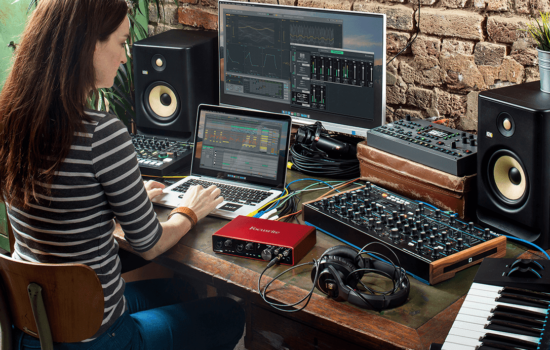According to Salary.com, the average salary for a singer in the United States is $55,443, but that can vary greatly, with the lower 10% earning about $39,400.
The top-earning singers can amass fortunes in the millions, and in rare cases (like Taylor Swift), even billions. Their income comes from various sources, including album sales, concert tours, merchandise, endorsements, and other ventures.
But these top earners represent only a tiny fraction of the overall singer population. The majority of singers earn modest, “blue-collar” incomes.
For example, session singers – those who sing on other artist’s tracks – typically charge between $100 and $500 per song, depending on their experience and the scope of the project.
Performing singers can earn anywhere from $50 per gig up to $500 or more. Typically, you can earn more by performing at weddings, corporate events, and singing at assisted living centers for the elderly.






